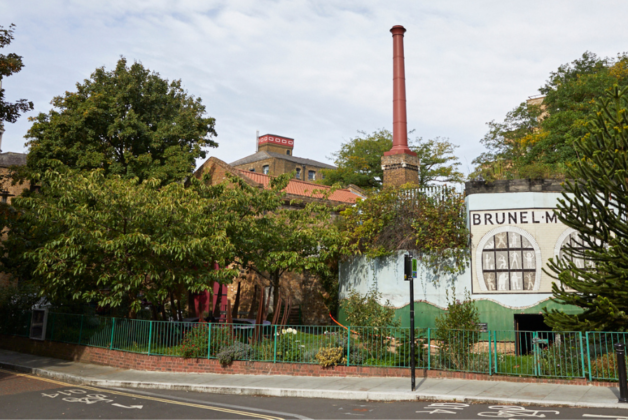Image: View of Ramsgate, Kent © Historic England
An emergency response fund has been announced by Historic England to help tackle the impact of coronavirus on the heritage sector.
The support has been tailored to work alongside existing measures announced by the government and National Lottery Heritage Fund.
The English Heritage emergency response fund, which will be worth as much as £2 million to the sector, aims to support small heritage organisations in both surviving the immediate challenges posed by the pandemic and preparing for recovery when the dust has settled.
The deadline for new applications is midnight on 3rd May, with funding for successful applications expected to be awarded from some time in the middle of May.
Who can apply?
Historic England is inviting applications from heritage organisations, self-employed contractors, third-sector organisations and voluntary groups that have been severely affected by the impact of coronavirus and which need additional short-term emergency financial support to ensure their survival.
The organisation will also consider supporting projects and activities that respond to the current crisis and contribute to recovery in the heritage sector.
The fund is designed to complement the measures already put in place by the Government, as well as the National Lottery Heritage Fund’s recently announced £50 million emergency fund.
Applicants are invited to apply for grants of up to £25,000 to address financial difficulties arising from coronavirus. Grants of £50,000 are also available for projects and activities that reduce risks to heritage by providing information, resources and skills.
Existing Historic England grant recipients should get in contact with their individual project contacts to discuss what flexibility they might require at this time.
“We know that coronavirus has hit everyone hard, including the heritage sector, and that there are many individuals and organisations that are really struggling for survival at the moment,” notes Duncan Wilson, Historic England’s chief executive.
“The safeguarding of their livelihoods will also determine the survival of our most precious heritage. Many of the skills that are needed to protect our heritage are already in desperately short supply and if these skilled specialists go out of business during this difficult time, the hard truth is that some of our heritage will be lost forever.”

Historic England’s response to the crisis has been shaped by a comprehensive survey it conducted of UK heritage organisations. The worst hit organisations, this research found, were small organisations – with ten employees or fewer.
77% of respondents reported a loss of business in the short term, while 59% had been forced to postpone or cancel income-generating events.
Historic England labels small businesses – craft workers, architects, engineers, surveyors – crucial to the operation of England’s heritage construction sector, which generates an estimated £7.1 billion in GVA for the economy. It also notes that these types of independent business appear to be at the most risk.
Heritage minister Nigel Huddleston describes the new fund as a “very welcome addition to the unprecedented package of support from the government”, adding that it will “allow the sector to carry out important work to protect our heritage”.





